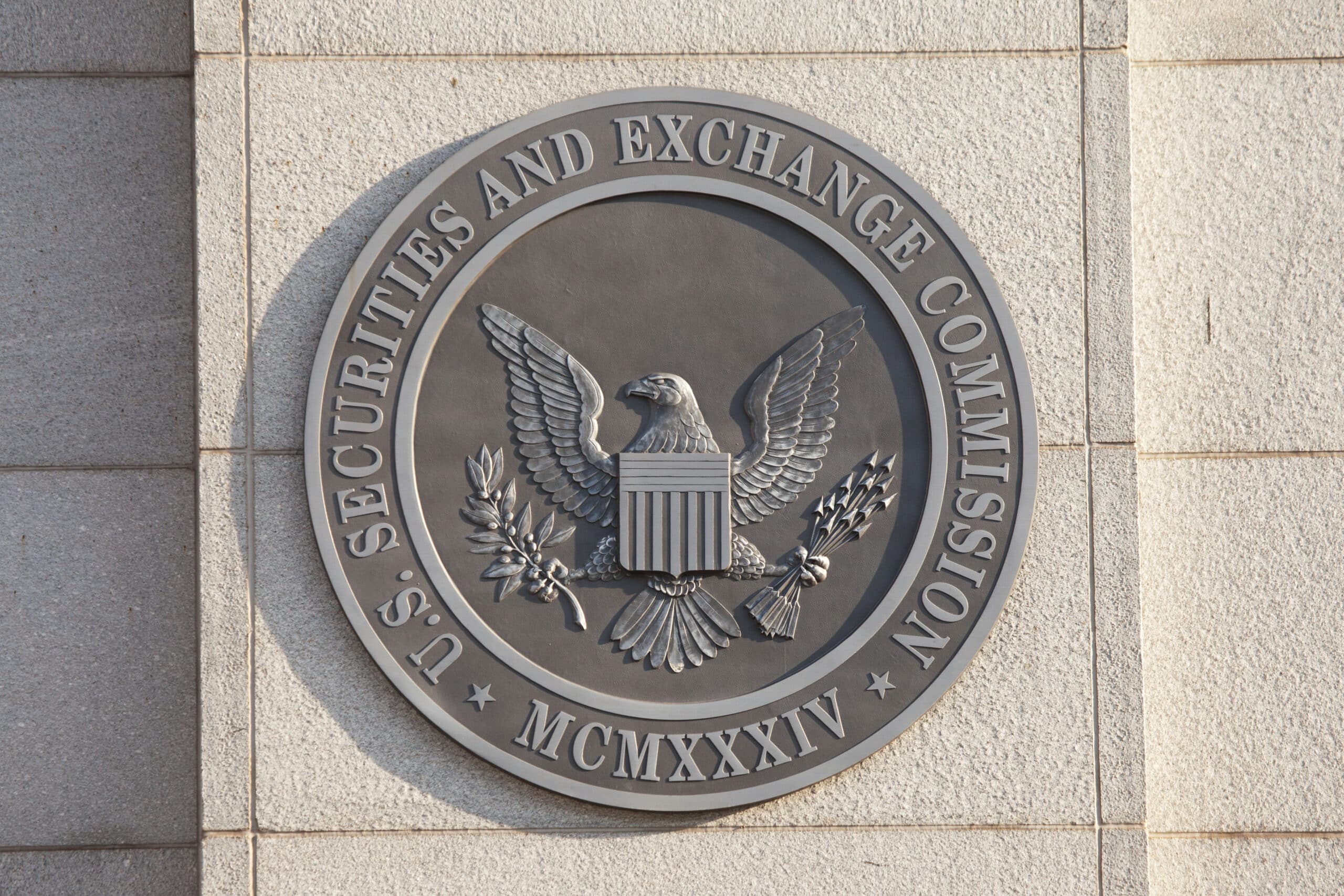With just four days left until the U.S. government’s fiscal year ends on Monday, September 30, the crypto industry is bracing for a slew of enforcement actions by the SEC and CFTC.
The two agencies historically have issued multiple enforcement actions in late September because “they are under the deadline to juice the metrics” and show how productive they’ve been, said Austin Campbell, a business professor at NYU and the founder of Zero Knowledge Consulting.
According to a study from the University of Iowa and University of Texas at Austin, the average number of September enforcement actions from the SEC is double those in other months of the year, typically making up 16% of the year’s total enforcement actions. Last year was unusual in that the SEC issued several enforcement actions in October, but in 2022, the SEC followed its typical pattern, bringing actions against crypto trading firms Arbitrade and Cryptobontix in September, while the CFTC imposed a $250,000 penalty on Ooki DAO predecessor bZeroX.
Read more: BNY Clears Path With SEC to Custody Bitcoin and Ether for Exchange-Traded Products
This year, significant looming SEC actions the industry is waiting on include those against MetaMask creator Consensys, decentralized exchange Uniswap, online broker Robinhood, and NFT marketplace OpenSea.
The SEC had been investigating Consensys for potential securities violations in its buying and selling of ether for over a year, leading Consensys to sue the commission in April. The SEC then ended its investigation, leading a Texas judge to dismiss Consensys’ suit. However, a letter from the SEC indicated that halting the investigation does not mean that “no action may ultimately result,” leading to the industry’s fear that the SEC might still issue an enforcement action before the end of the fiscal year.
Meanwhile, earlier in the year, the SEC sent three Wells Notice to companies warning of impending investigations— the first to Uniswap in April accusing it of operating as an unregistered securities exchange; the second to Robinhood in May arguing that the platform was listing crypto assets on its platform that were securities; and the third to OpenSea in August alleging that the NFTs being sold on its exchange constituted securities.
For the CFTC’s part, the commission reportedly began investigating crypto trading firm Jump Crypto for its investment activity in June, but has not yet finalized an enforcement action.
CFTC Commissioner Caroline Pham, who has often dissented with CFTC enforcement actions against crypto firms, strongly hinted to a crowd at the Solidus-run DACOM conference in Manhattan Tuesday that more agency actions were coming very soon that she planned to issue dissents for. Pham was speaking alongside fellow CFTC Commissioner Summer Mersinger, who also often dissents from her colleague’s decisions, in favor of crypto. Mersinger said that when settlements come across her desk, she’s often “lost the opportunity to have any influence,” and is “left with no other choice but to dissent.”
Those dissents often go through an editing process, both said, a process which Campbell, who was in the audience, presumed is probably happening right now. The CFTC actions and dissents have likely already been decided upon, Campbell said, adding that it’s likely now up to staff members to “put [them] through marketing and publish.”
A spokesperson for the CFTC said Friday that the Commission could very well publish more enforcement actions before the end of the fiscal year, but that it “depends on the case and whether they get commission approval,” adding that multiple actions “have been waiting [for] approval for some time.” The SEC did not immediately respond to requests for comment for this story.
Potential Reasons for the Lack of Filings So Far
In the case of the SEC, experts are surprised that the Commission hasn’t filed its typical fiscal year-end flurry of enforcement actions already. However, some theorize that political pressure on Chair Gary Gensler may be forcing the commission to put their enforcement actions through extra scrutiny.
On Tuesday, Gensler, who is deeply unpopular in the crypto industry for his perceived “regulation by enforcement” approach, was grilled during a hearing before the House Financial Services Committee over the SEC’s oversight of crypto. Republican presidential candidate Donald Trump, who has cast himself as the pro-crypto candidate, has repeatedly said he would “fire” Gensler on his first day in office if elected. Meanwhile, even Democratic presidential candidateKamala Harris may choose a different SEC chair if she wins the presidency, given Gensler’s unpopularity, and especially if Republicans maintain control of the Senate, which must approve a President’s nominations.
Read more: Gensler Grilled in Congressional Hearing Over SEC’s Approach to Regulating Crypto
Ji Kim, chief Legal and Policy Officer at the Crypto Council for Innovation, argued that this political pressure may be what’s slowing the SEC down in terms of filing enforcement actions, since Gensler continuing to oversee the crypto industry through enforcement actions would not sit well with Congress. “Hopefully, this SEC realizes that it cannot just serve up a standard form complaint and/or settlement order as it nears the end of the fiscal year,” Kim said.
Campbell agreed. “There are probably voices [in the SEC] saying, ‘Hey, if we want to continue filing things, we should probably be pretty sure these are gonna hold up, because Gensler’s term is up soon, and the people who are going to be left holding the bag are not Gary,’” Campbell noted.
By contrast, Rebecca Liao, CEO and co-founder of Saga, believes political pressure may actually encourage Gensler to act. Liao argued that Gensler may be more likely to act while he’s still in office, rather than wait for political animus towards him to cool off, knowing that gaining the support of the crypto industry is likely already a lost cause. “As we get closer to the election, there’s definitely a push to speed things up and make progress,” Liao said.



